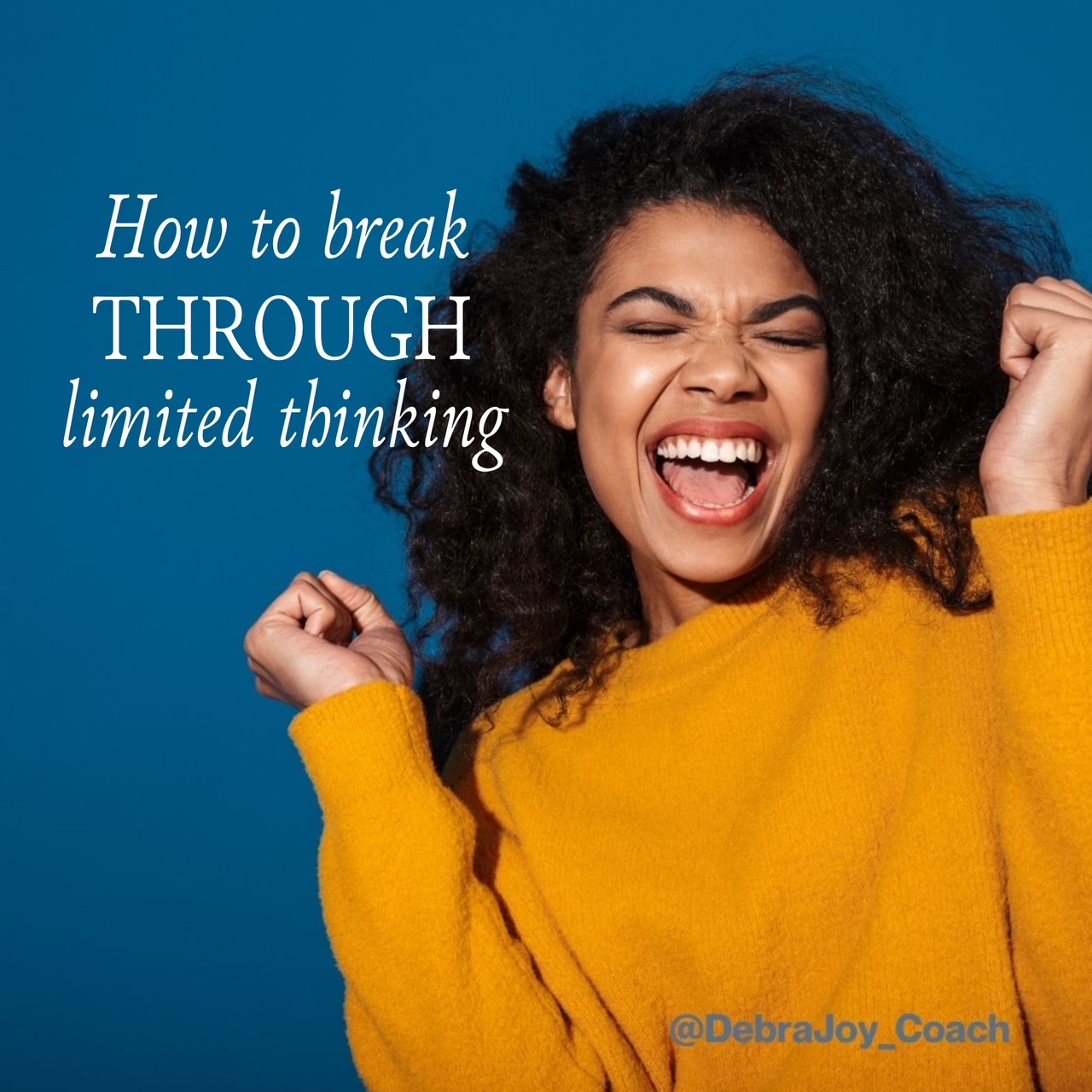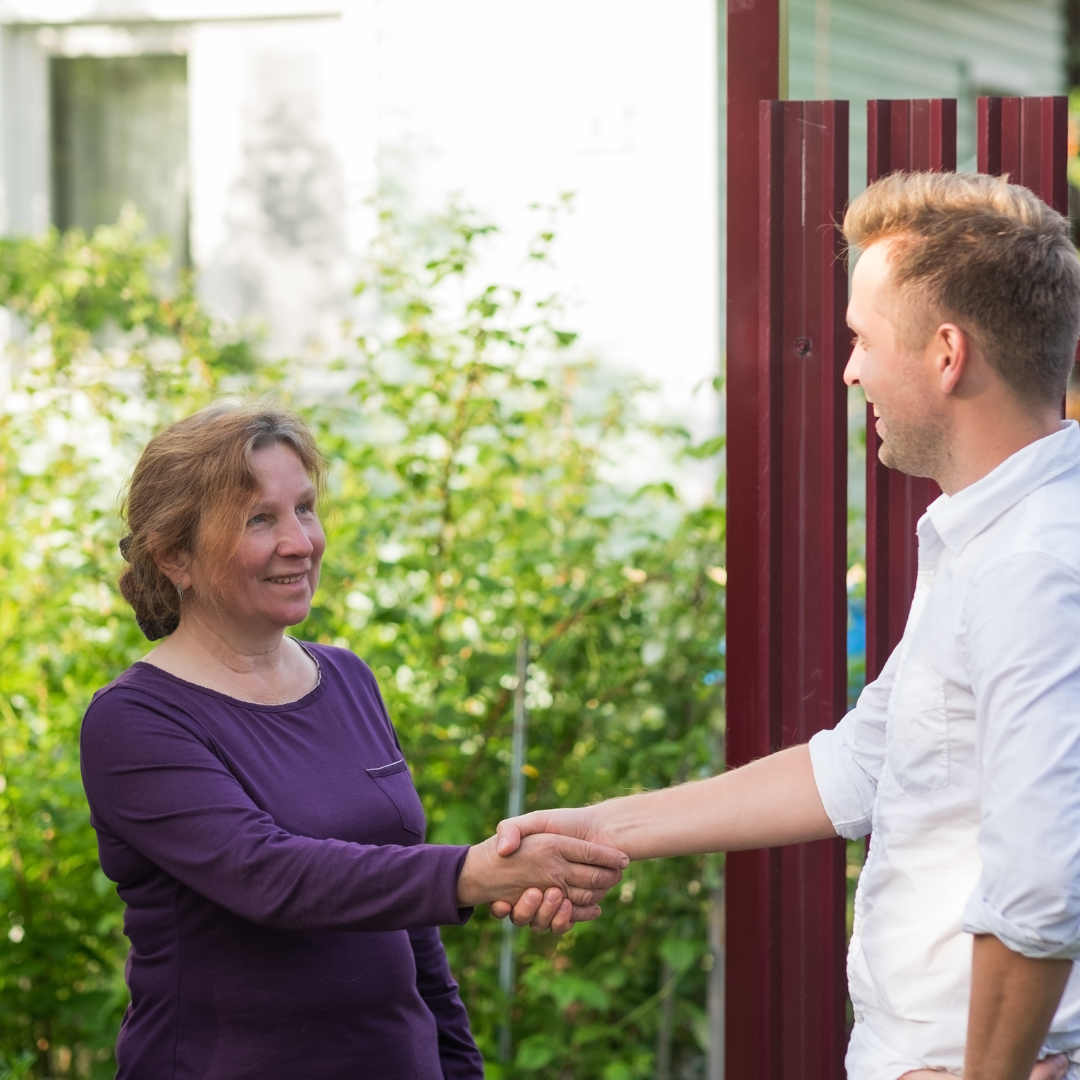A few weeks ago I was in a live coaching session with the 2024 cohort of The Success Solution. We’ve got participants from across North America and Australia. That means some of us are heading into spring and some are heading into fall.
From my house here on the West Coast, the first day of spring was sunny skies, green grass, cherry blossoms, and daffodils. People on the East Coast were in snow, or preparing for it.
Even on the same continent, the seasons were so different – never mind a continent on the other side of the world. If we’d believed this time of year should be the same for us all and compared our results, some of us would have felt like our season was wrong or not as good as what others were experiencing.
That would be crazy right? But we do that sort of thing all the time. You might be comparing yourself, your business and your relationships without being fully aware that you’re doing it.
I teach my clients how to achieve more success with less stress by doing things in different ways – ways that feel good and bring out the best in them.
One of the changes I invite them to make is to stop comparing themselves to others.
Though you’ve probably been told this many times, it’s surprising how challenging this can be, because you’ve been doing it since you were young.
- You learned how to walk and talk and eat by watching others and mimicking their moves.
- You were evaluated all through school based on how you performed in comparison to others.
- You’re constantly being bombarded by ads about how you should look and feel.
- Social media posts show you how great everyone’s life is.
Here are 4 steps to stop comparing and start thriving:
1. Notice that you’re doing it.
You first might notice that you feel like you’re behind, less than others, ashamed or in a general funk. You discover you’re comparing your business growth, your personal growth or your kids’ growth to people who are different from you. Maybe people you don’t even know.
2. Be curious about why you’re doing it.
Ask yourself if there’s some fear that’s motivating your comparison. Fear will activate your survival mode, and make you feel defensive, even if there’s nothing to protect yourself from. If you stop and notice that underneath your comparison is a niggling fear, get curious about it. What do you believe will happen if you don’t “keep up”? Question if that belief is really true.
Ask yourself if there’s something you see that you truly want.
You think you should workout as much the people you follow on IG but what you really want is to feel more energized. You think your kids should be on as many teams and have as many lessons as your neighbours but what you really want is for them to be happy. You think you should have a house like your in-laws but what you really want is to feel secure.
3. Accept where you are at right now. You might not be where to want, but acceptance is key to change.
Accepting isn’t the same as being apathetic or giving up. Accepting just means you stop resisting. When you accept that what you’re experiencing right now is a season, and seasons change, and even people who seem to be in the same season can have very different experiences, then you experience a whole lot more peace.
4. Take action toward what you want. You want something because of the way you think it will make you feel. Emotions are motivators. Once you get clear on what you want (Step 2), decide how you’ll do it in a way that suits you right now.
With your current life situation, your unique talents and skills and likes and dislikes. How can you take action in a way that brings out the best in you now?
You might realize that to feel energized you need to sleep more – not workout more. You discover that your kids are happier with less structured time to just play and create. More time with your close friends would give you a sense of security that a bigger house could never provide.
When you stop comparing and instead do things in a way that’s right for you, you’ll be far more successful and satisfied in all areas of life. And if I can’t convince you, one of the greatest basketball coaches might…
John Wooden won 10 NCAA championships as the coach of UCLA Bruins. He never ever compared himself or his team to others.
He didn’t focus on what other coaches were doing. He never coached his teams to be better then their opponent. Instead, he taught his teams to focus on their strengths and do the best they could in every game and the result would take care of itself. And he has the best results on record.
To improve your success with less stress in all areas of life, focus on yourself, without comparing to anyone else, because you are incomparable!
Love, Debra









